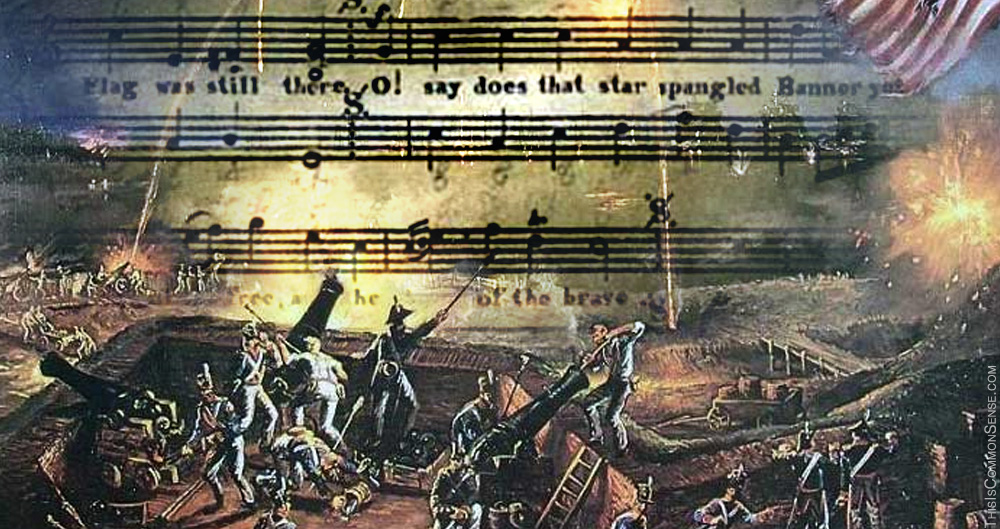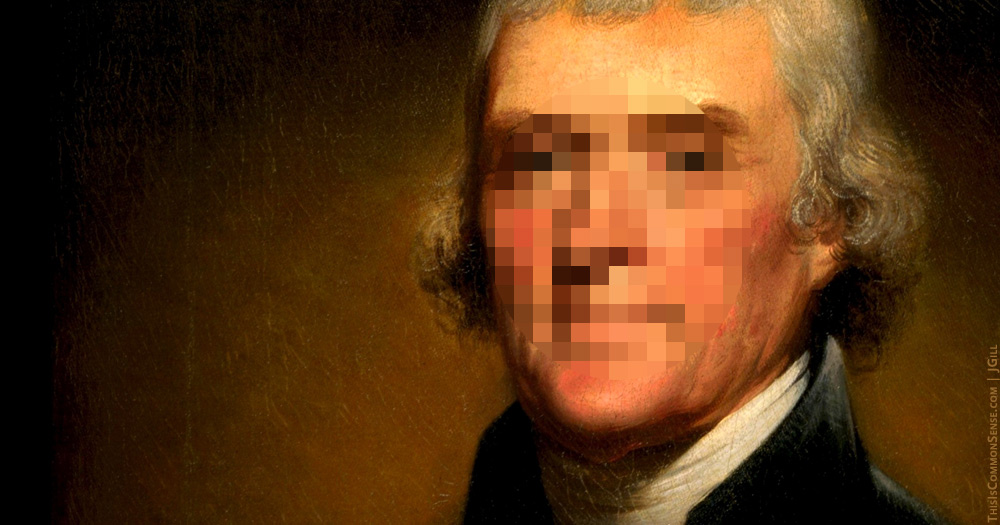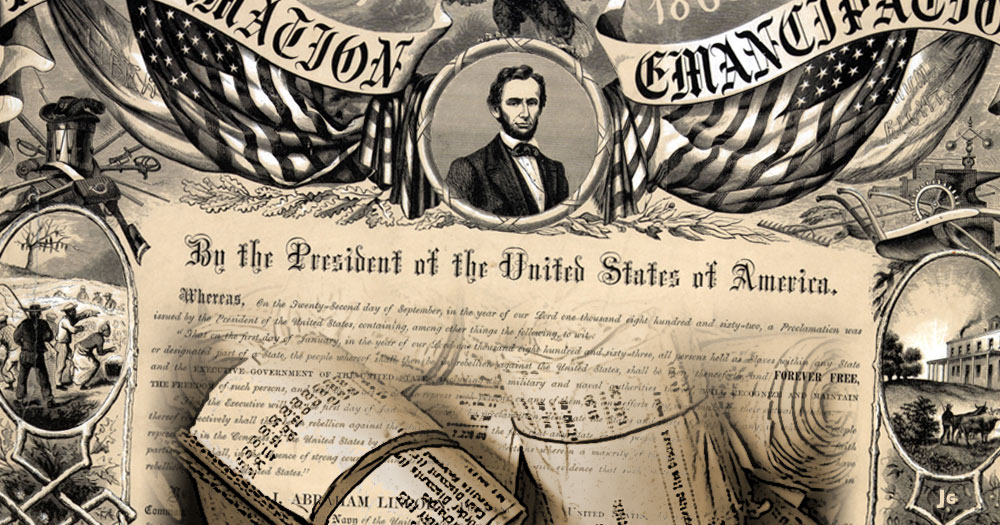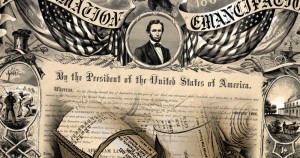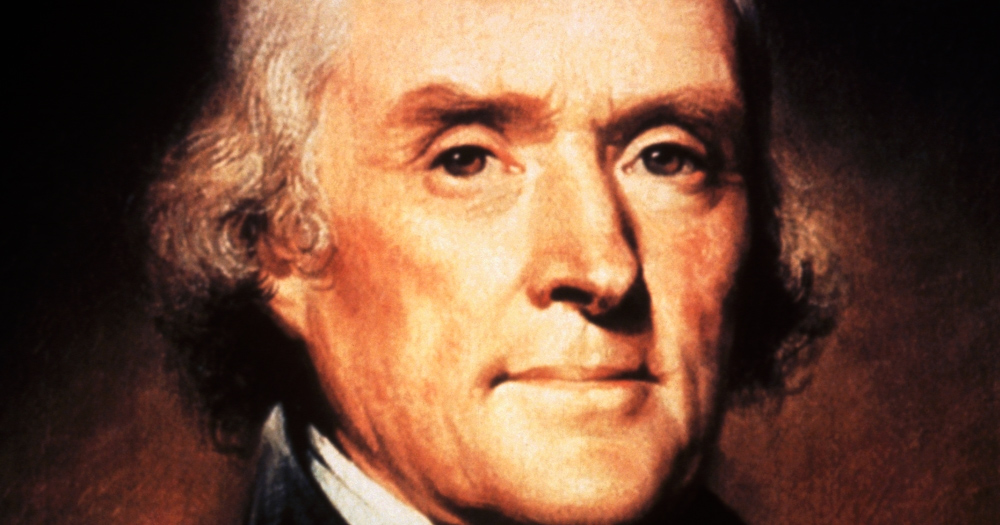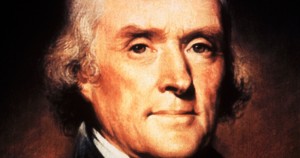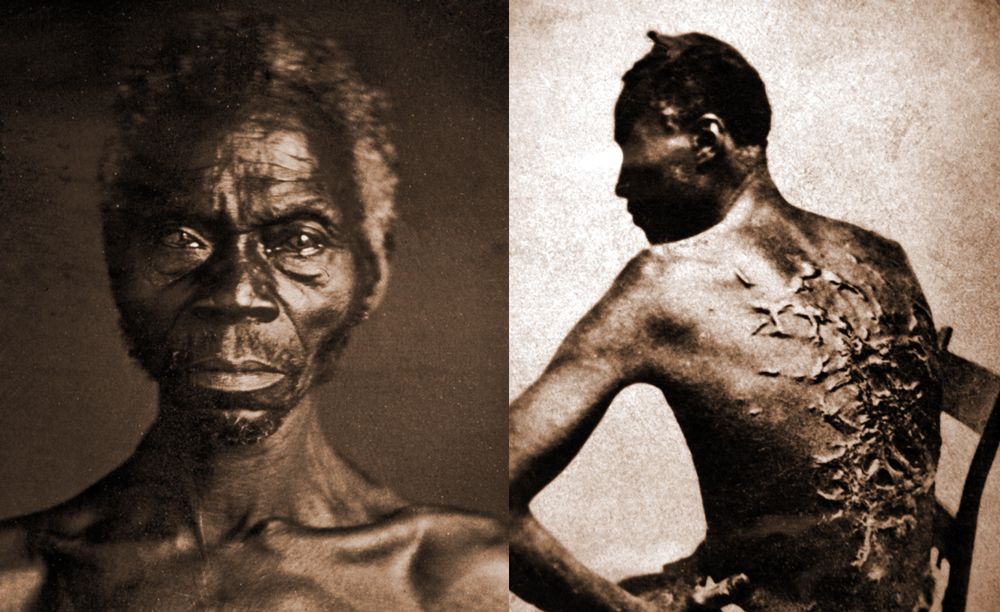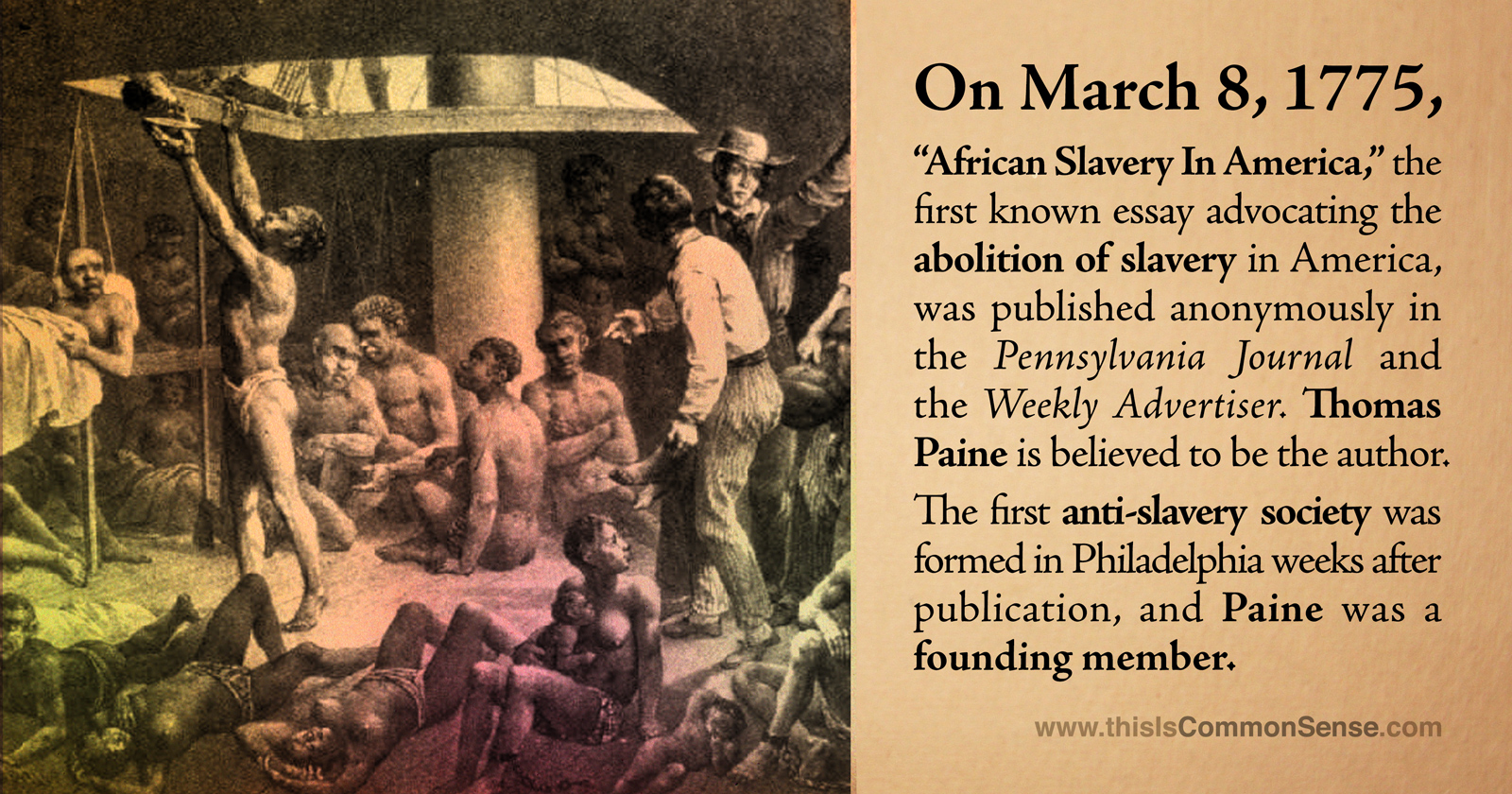Symbols sure seem important in politics and government. I love the Statue of Liberty. Others may cherish the Lincoln Memorial and Mount Rushmore more. I’ve even heard people wax poetic on the images we find on our coinage.
But what about “The Star-Spangled Banner”? The lyrics are not general at all, but instead an exultation about a moment of victory in a very bad war that our union almost lost way back in 1814.
The melody leaps all over the place, making it difficult to sing.
But its words are what stick in some peoples’ craws.
No, not the florid, old-fashioned* phrasings. What bothers some people is all the violence . . . and a mention of the word “slave.”
Now, if the song were about slavery, or even mentioned the enslaved ancestors of current Americans, I’d side with the California branch of the NAACP, which wants to junk the old warhorse.
But the offending line does not seem to be what these activists say it is, one of “the most racist, pro-slavery, anti-black songs in the American lexicon.” The words refer, instead, to British sailors and soldiers:
No refuge could save the hireling and slave
From the terror of flight, or the gloom of the grave. . . .
The phrase “hirelings and slaves” means “mercenaries and conscripts.” Wednesday, on Fox, Tucker Carlson grilled a cheerful advocate of the NAACP position, whose main point was “unity.” He doesn’t think the anthem promotes “unity.”
But what would? Doesn’t taking on the anthem constitute just another divisive salvo in the culture wars?
We’ve bigger problems.
This is Common Sense. I’m Paul Jacob.
* The tune is by John Stafford Smith, who wrote it for the Anacreontic Society. Because the original version is usually called “To Anacreon in Heaven,” and because the phrasings of Francis Scott Key’s originally titled “In Defense of Fort McHenry” are “old-fashioned” and arguably “anachronistic,” we have the title of this Common Sense outing.
